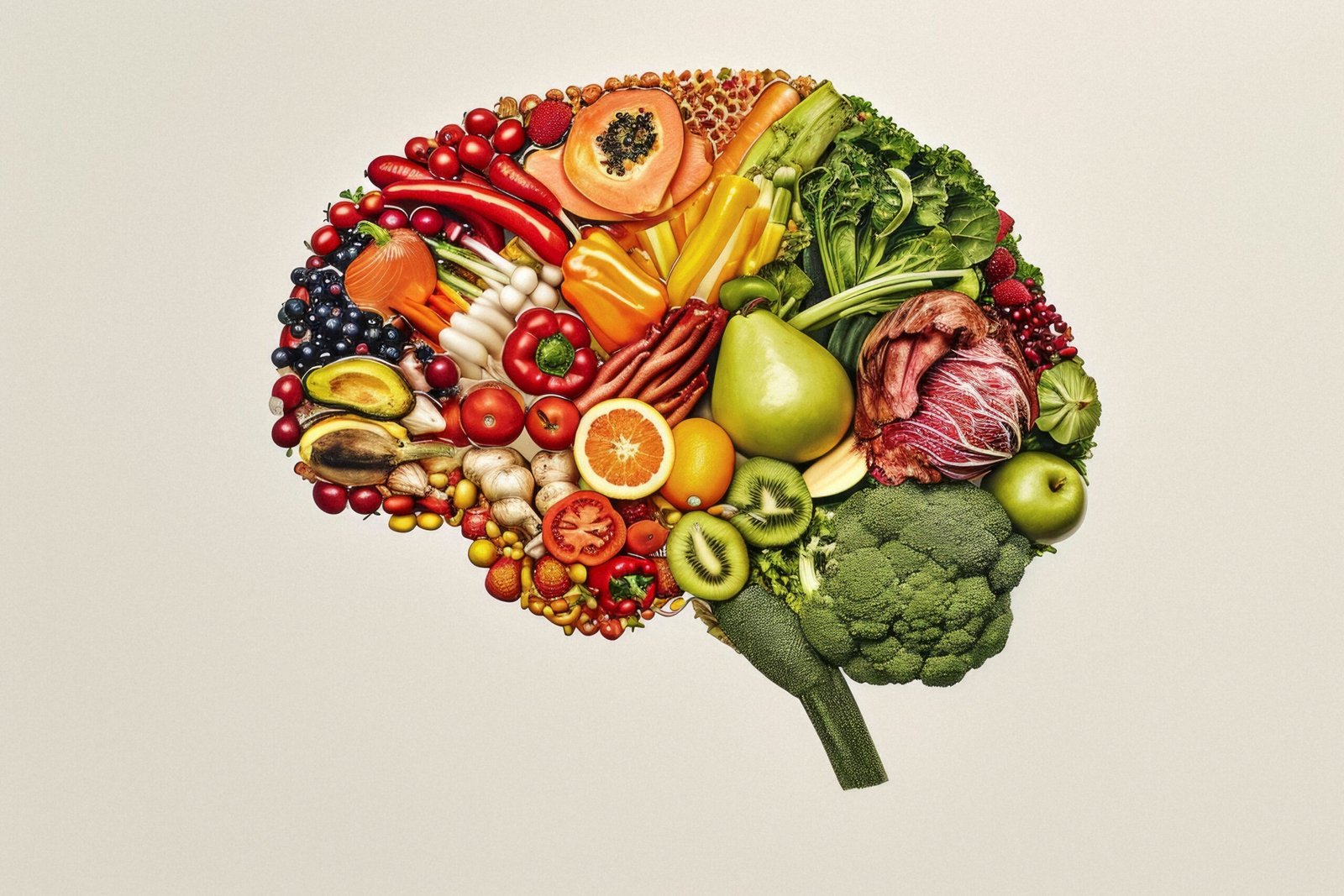In a world where mental health awareness is more vital than ever, an intriguing question arises: Could the solution to improving our mental well-being lie in the very foods we consume daily? This concept is not merely a speculation but a subject of extensive research and collaboration between prominent organizations like the American Psychiatric Association (APA) and the American Society for Nutrition (ASN). Their joint efforts aim to cast a spotlight on the significant, bidirectional relationship between nutrition and mental health, a topic that is gaining traction among health professionals and the public alike.
The Public’s Growing Awareness and Willingness to Embrace Dietary Changes
Recent findings from an APA-conducted survey reveal a promising trend: a vast majority of adults are not only aware of the link between diet and mental health but are also willing to make dietary changes to enhance their mental well-being. This shift in perception is rooted in a solid base of scientific research underscoring the psychological benefits of a healthful diet. Notably, a 2019 review published in The American Journal of Clinical Nutrition highlighted the positive impact of increased fruit and vegetable consumption on mental health, specifically in reducing symptoms of depression. Such studies not only affirm the benefits of nutritious diets but also spotlight specific dietary patterns like the Mediterranean diet for their potential to alleviate depressive symptoms.
Groundbreaking Research Bolstering the Diet-Mental Health Nexus
The discourse around the role of nutrition in mental health is further enriched by pivotal research, including a 2022 study led by Jessica Bayes, Ph.D., which delved into the Mediterranean diet’s effects on young males with depression. Participants adhering to a diet laden with fruits, vegetables, fish, and healthy fats reported significant improvements in their depressive symptoms. This study, along with endorsements from global health authorities like the WHO, fortifies the argument for considering diet as a fundamental element in both preventing and managing mental health issues.
Pioneering Partnerships Leading to a Paradigm Shift
At the helm of this groundbreaking intersection of nutrition and psychiatry are the APA and ASN. Their partnership is not just a merger of disciplines but a beacon for a paradigm shift in how mental health is perceived and treated. With the APA’s extensive history in psychiatric care and the ASN’s long-standing advocacy for nutrition science, this alliance is uniquely positioned to advance our understanding and approach to mental health through dietary interventions. As ongoing research continues to reveal, there’s a profound connection between nourishing our bodies with the right foods and nurturing our minds, paving the way for a holistic approach to wellness that harmonizes diet with mental health care.
In conclusion, the exploration of the deep connection between nutrition and mental health opens up new avenues for enhancing mental wellness. The combined efforts of organizations like the APA and ASN, alongside compelling scientific evidence, are guiding us toward a future where dietary choices become an integral part of mental health management. This journey towards understanding and implementing dietary strategies in mental health care is not just promising; it is transformative, heralding a new era of holistic well-being where what we eat significantly influences how we feel, both physically and mentally.
References





